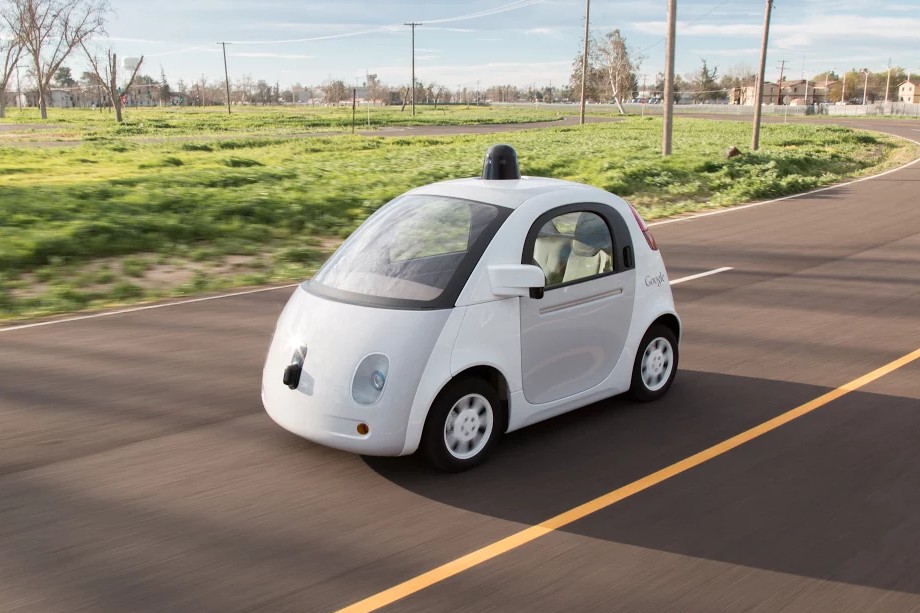The most straightforward way to reduce automotive emissions is probably to just get rid of cars.
But what if you kept the cars, and eliminated their drivers instead?
Acolytes of self-driving cars have held up fuel efficiency as one of their potential benefits, although it's hard to quantify the benefits of a technology that remains largely theoretical.
DON'T MISS: Uber CEO To Tesla: Sell Me Half A Million Autonomous Electric Cars In 2020
Researchers at Lawrence Berkeley National Laboratory believe they have a good estimate, though.
A recent study claims that replacing most private cars with a fleet of self-driving electric taxis could cut greenhouse-gas emissions by 90 percent, reports Popular Science.
Using electric powertrains would also basically eliminate oil consumption in cars, researchers argue.

Audi RS 7 autonomous car concept
They claim this would not only be the greenest solution, but also the cheapest.
Even assuming a cost of $150,000 per self-driving electric car, they say, autonomous electric taxis could pay for themselves within five years.
ALSO SEE: Nissan Shows Fully Autonomous Cars It Plans To Build By 2020 (Sep 2013)
That's because in addition to cutting the cost of fuel and eliminating the cost of a driver, cars could run 24 hours a day, seven days a week--increasing the number of fares.
Presumably, that economy would also translate into low usage fees for passengers.

Google autonomous car prototype
The relatively limited ranges of most current electric cars reportedly wouldn't be an issue either.
Because the majority of cars would be operated as part of a coordinated fleet in this scenario, a car needing to recharge could simply be replaced in the field by another.
That assumes the taxis will primarily operate in urban areas, where the distance of a single trip is unlikely to exceed a car's range.
MORE: Self-Driving Cars From Tesla In About 3 Years, Says CEO Elon Musk (Sep 2014)
And with the first mass-priced 200-mile electric cars arriving within two or three years, the need for a taxi to recharge during the 8- to 12-hour shift of today's typical taxi driver will be reduced or eliminated.
If nothing else, this concept would essentially leapfrog the issue of gaining consumer acceptance for electric cars, by encouraging consumers to give up their cars entirely.
But the study also assumes technological advances that may not come to pass for a decade or more.

Ford Fusion Hybrid automated driving research vehicle
Certain carmakers--including Mercedes-Benz, Nissan, and Tesla--have promised to put autonomous cars on sale by 2020.
Yet all of these models will likely require a human presence behind the wheel for certain situations. Many in the industry suggest that truly autonomous cars are not likely to arrive until 2030.
Even after 100-percent autonomous cars appear, it will take considerable time for their technology to disseminate across the industry.
The wholesale replacement of millions of private cars with a large number of electric drone vehicles will take even longer than that.
[hat tip: Hugh Crawford]
_______________________________________________












